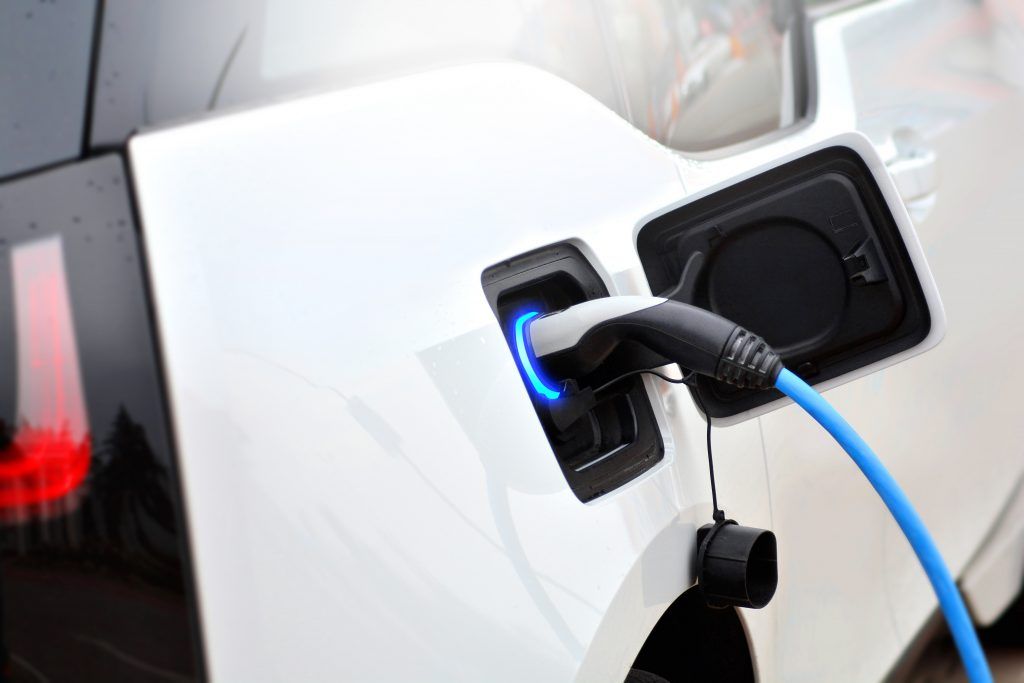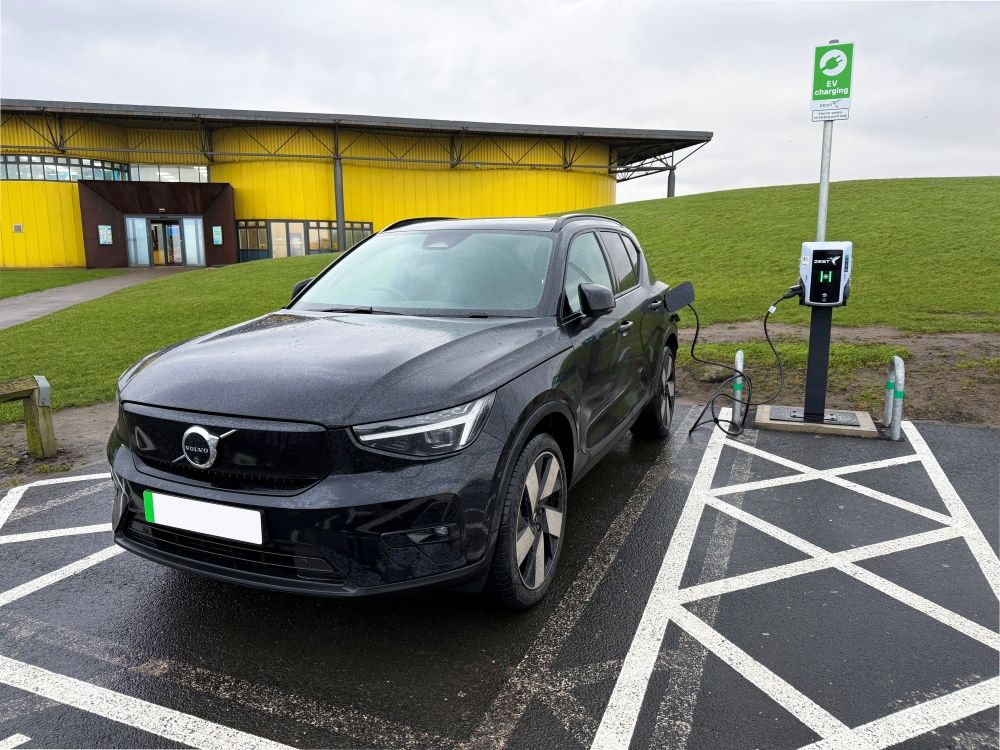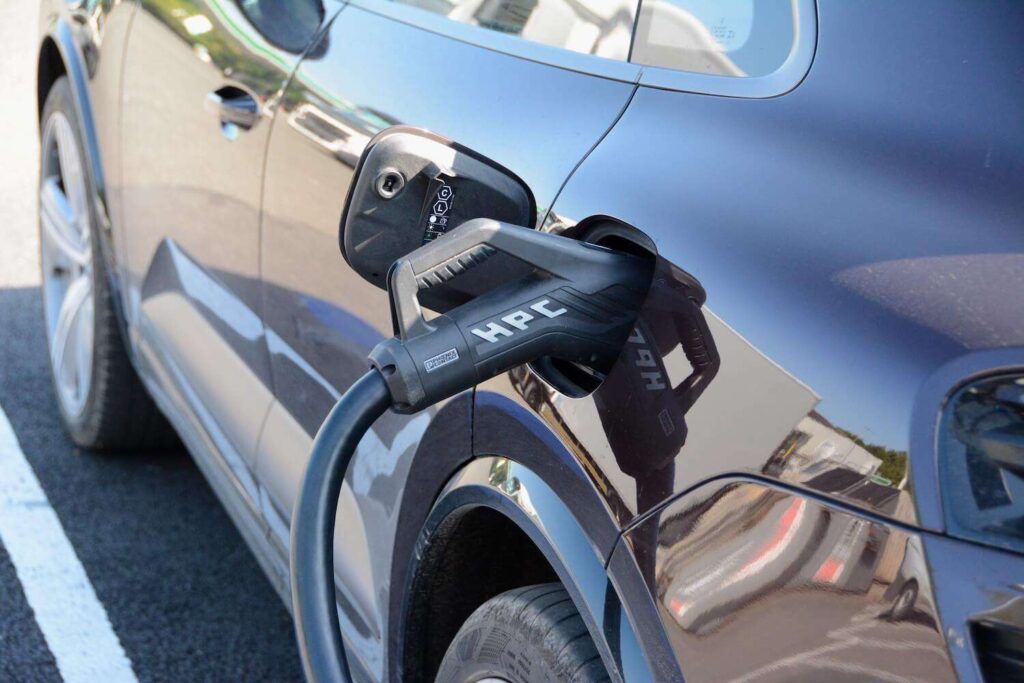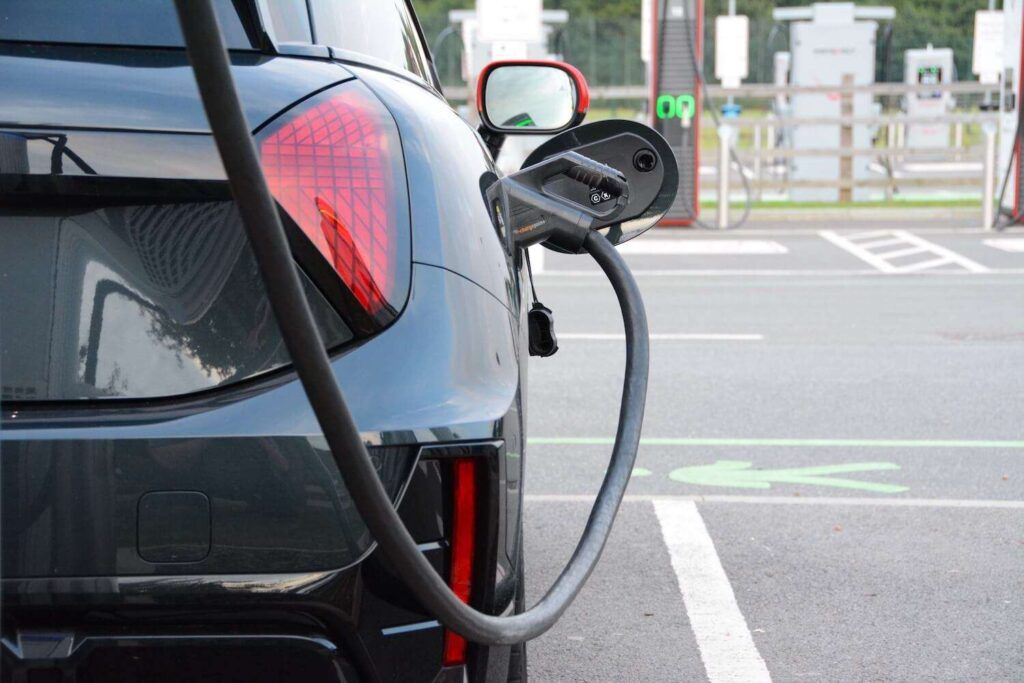An interim update on evidence submitted to the Competition and Markets Authority (CMA) report on the state of the electric vehicle industry has highlighted “some overall issues”.
The evidence so-far submitted by companies and associations shows “particular challenges arising in the provision of charging in certain settings”. As a result, the CMA said it would look more broadly the charging sector, especially rapid charging on motorways, and on-street slow/fast local charging. The CMA also said evidence showed issues on how consumers “interact” with off-street charging and public charging.
It also addressed the speed and demand for public charging – stating “significantly more was needed” as the number of EVs grows. It also said that private investment was “relatively strong” considering the early stages of mass EV adoption.
In terms of government support, it said most respondents recognised central, devolved and local government would “play a critical role in the sector at this early stage”, including through public funding.
Electricity network capacity was also raised, with respondents stating “it was important to enable charging infrastructure (such as smart
charging and vehicle to grid) which provides flexibility and enables cost-effective management of these networks”.
The key challenges that the CMA has found to-date:
- Electricity network connections, expansion and reinforcement
- Interaction with local authorities
- Planning permission
- Significant capital investment required
- Lack of coordination amongst LAs/DNOs/businesses for infrastructure
locally and strategic oversight nationally.
The following concerns were raised by respondents relating to current
challenges for EV drivers in finding, accessing and paying for public
charging:
- Reliability and ease of access
- Up to date/accessible information
- Interoperability
- Pricing variations/complexity
- Different payment methods
- Benefits/risks with roaming
- Lack of support for new EV drivers
The CMA also outlined longer-term risks to the EV charging sector, including subscriptions and bundling products together which could ‘lock-in’ consumers and ease of switching; interoperability and the extent to which there needs to be greater ability to switch energy tariff or software provider; and limited choice of charging suppliers in some areas.
Additionally the CMA said respondents had raised concerns about the disparity between those with off-street parking and those without; the provision in rural and remote areas; and the challengers for vulnerable consumers.
The authority will continue to assess the sector and will produce an overall report later in the year.












